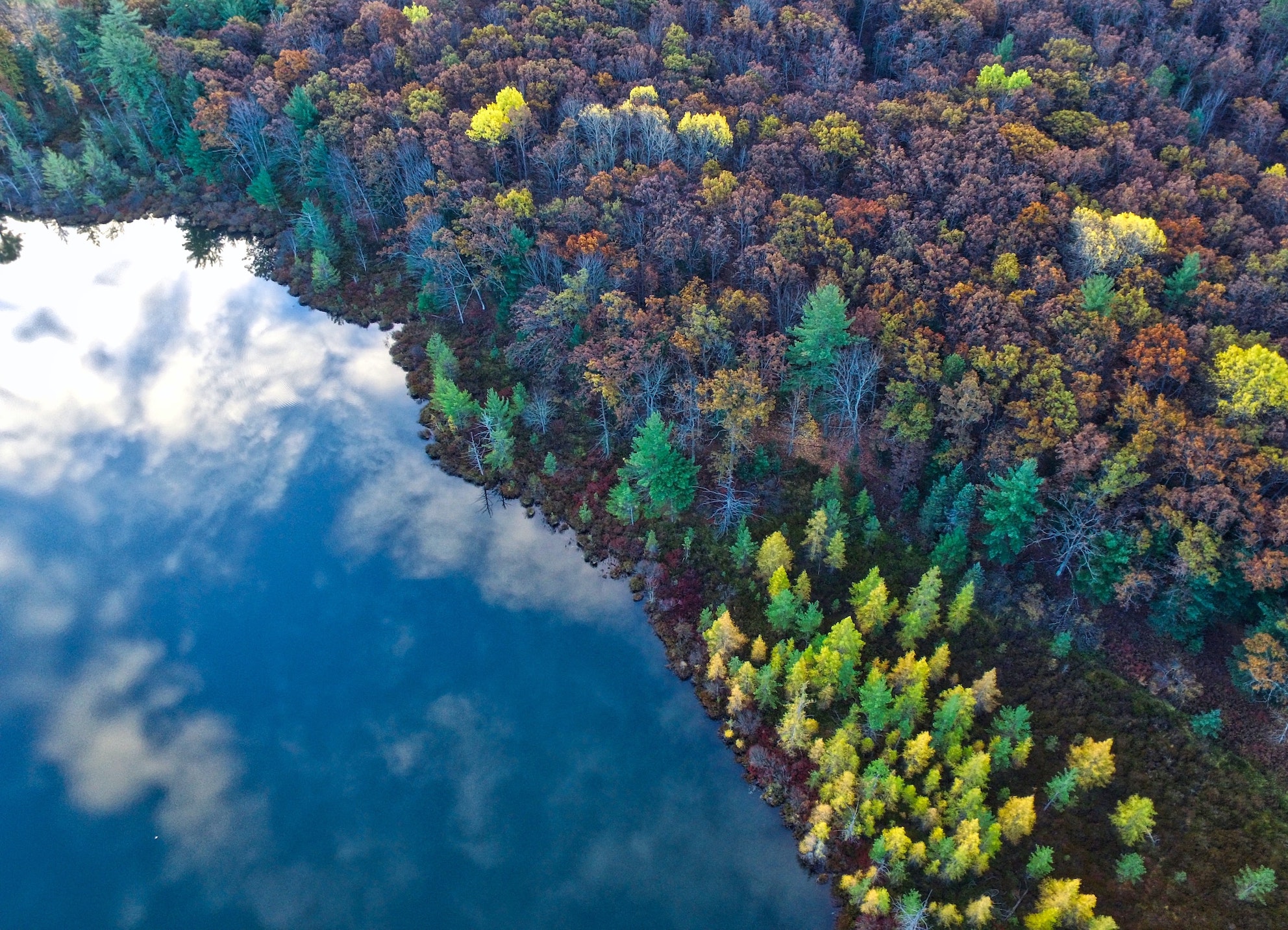12 August 2022 – by Ottoline Mary
Climate change is compromising food security throughout the Global South. The scale and frequency of heatwaves, fires, floods, and landslides are increasing, causing a significant drop in crop production. In addition to heightening the risk of famines, this jeopardises the livelihoods of farmers, as well as large-scale economies.
In Nepal, food production cycles are planned around the alternance of dry and rainy seasons. Global warming dysregulates and exacerbates these natural weather phenomena, to the point of undermining crop and vegetable production. On the one hand, excessive rainfall is flooding farmlands and aggravating soil erosion. On the other hand, droughts are hampering cultures that require lots of water, such as rice paddies. As a result, farmers become unable to meet the national demand for food, and the country has to increase its fresh vegetable imports – which takes a toll on the rest of the economy. Moreover, crop failure directly threatens the means of subsistence of over 3.2 million Nepalese families.
One of the solutions envisaged to sustain the country’s agricultural productivity is the adoption of genetically modified climate-resilient seeds, capable of tolerating extreme climatic stresses. Not only can they endure both submergence and drought, but they also contain more nutrients than regular seeds, and do not require excess maintenance or resources.
Practical considerations remain to be addressed, such as the raising of awareness among farmers who may be reluctant to adopt new types of seeds. Furthermore, we could wonder how those seeds would impact ecosystems, and whether their implementation would entrance Nepal’s dependency on foreign companies for its economic survival.



